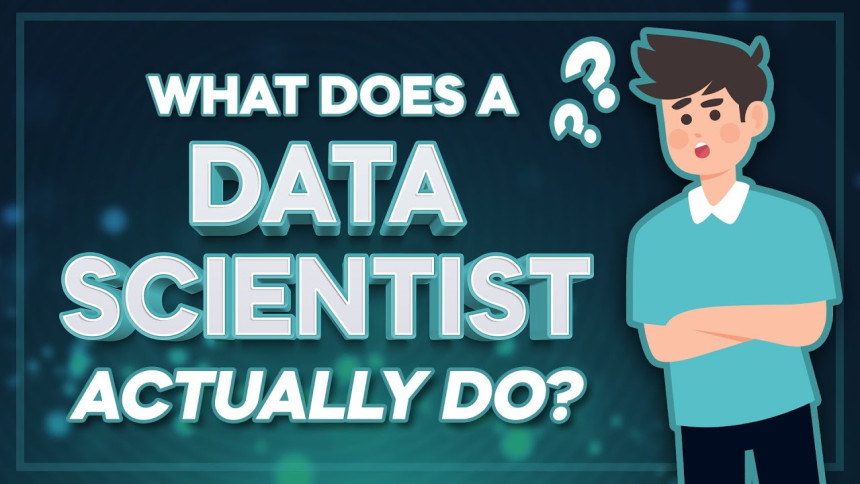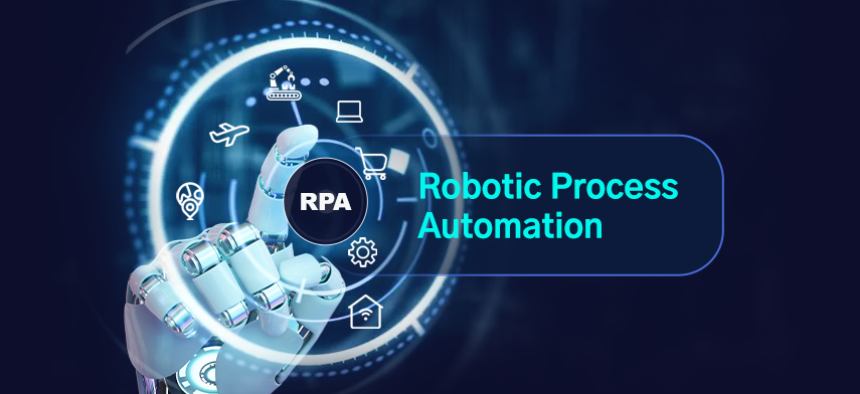
Hashtags
2 years ago
Hashtags
#what-is-this
What is a Data Scientist?
A data scientist is a professional who specializes in extracting meaningful insights and knowledge from data. They are skilled in using a combination of statistical analysis, programming, domain expertise, and machine learning techniques to solve complex problems and make informed decisions.
Here are some key responsibilities and skills associated with data scientists:
- Data Analysis: Data scientists are proficient in handling and analyzing large and complex datasets. They use tools and techniques to clean, preprocess, and prepare data for analysis.
- Statistical Modeling: They apply statistical techniques to identify patterns, trends, and relationships within the data. This involves methods such as regression analysis, hypothesis testing, and clustering.
- Machine Learning: Data scientists often use machine learning algorithms to develop predictive models. This involves tasks like classification, regression, clustering, and recommendation systems.
- Programming and Software Development: Proficiency in programming languages like Python, R, and SQL is crucial for a data scientist. They use these languages to manipulate data, develop algorithms, and build models.
- Data Visualization: Data scientists use visualization tools to create charts, graphs, and interactive dashboards that help communicate findings effectively to stakeholders.
- Domain Knowledge: Depending on the industry they work in, data scientists may need specialized knowledge in areas such as finance, healthcare, marketing, or engineering to understand the context of the data.
- Communication Skills: Data scientists need to be able to explain their findings and insights to non-technical stakeholders. They should be able to translate complex analyses into understandable and actionable recommendations.
- Problem-Solving Skills: They are adept at identifying and defining business problems that can be addressed using data-driven approaches.
- Ethical Considerations: Data scientists should be aware of ethical considerations related to data privacy, bias, and the responsible use of data.
- Continuous Learning: Given the rapid advancements in technology and techniques, data scientists need to stay updated with the latest tools and methods in the field.
Data scientists work in a variety of industries including technology, finance, healthcare, e-commerce, and more. They play a crucial role in leveraging data to drive business decisions, improve products and services, and solve complex challenges.





